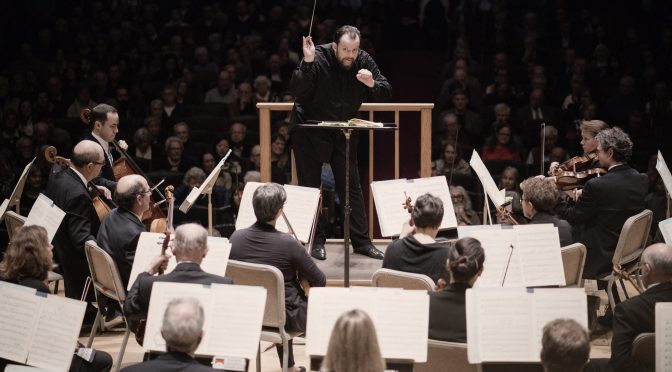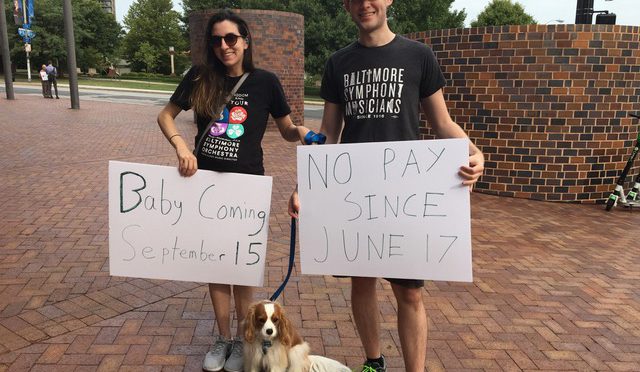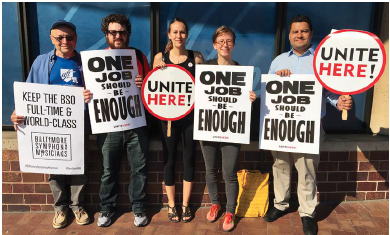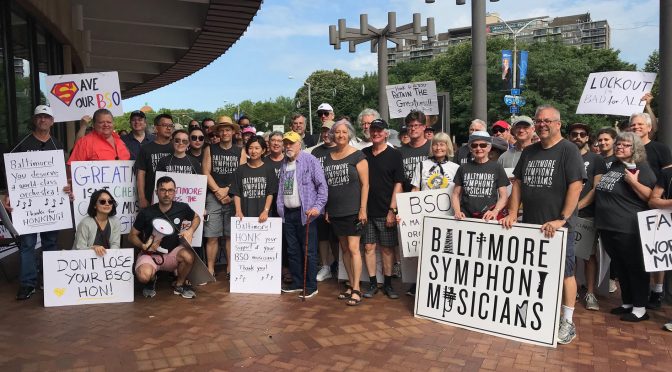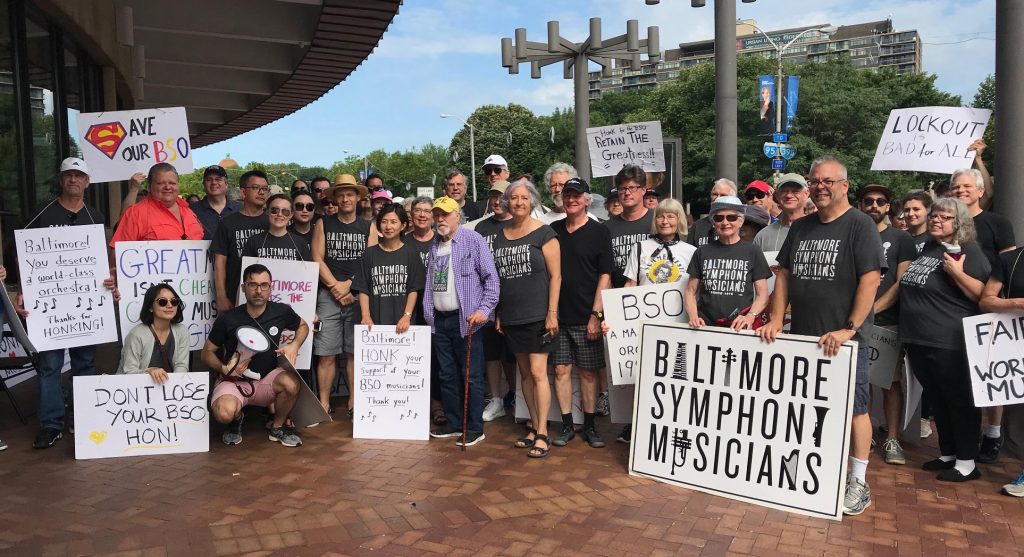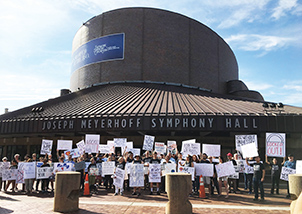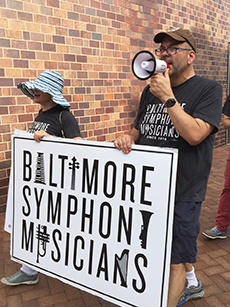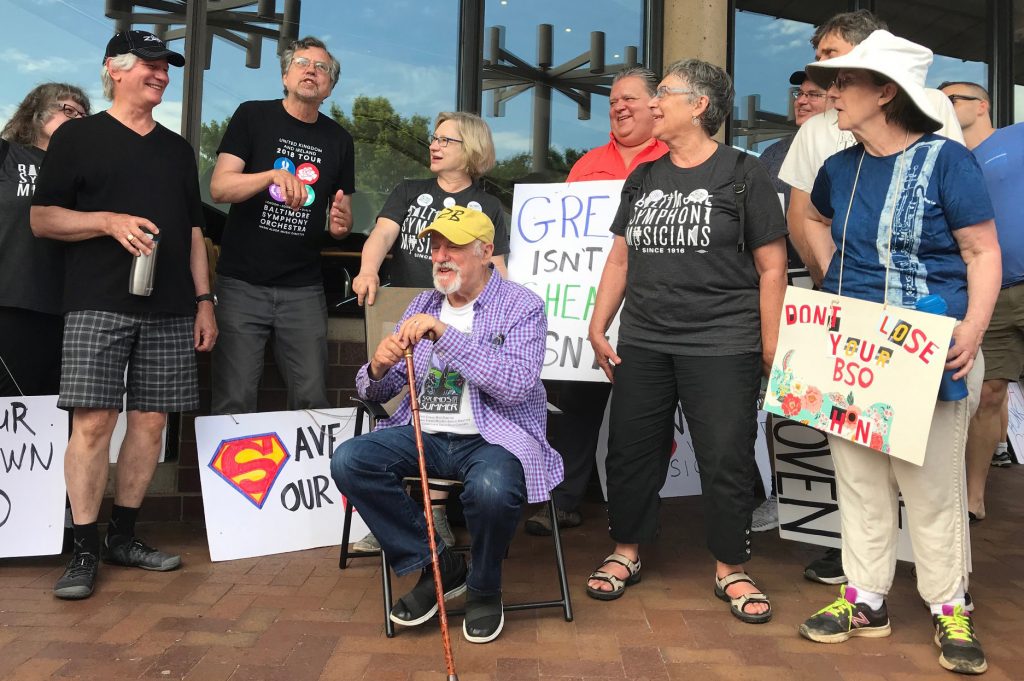The Boston Symphony Orchestra’s four-city tour to East Asia (Seoul, Taipei, Shanghai, and Hong Kong) with Andris Nelsons, February 6-16, has been canceled due to increasing concerns over widely documented official news and government agency reports assessing the spread of the new coronavirus. These concerns, along with discussions with the Shanghai Oriental Art Center—whose leadership informed the BSO about the official cancellations of their upcoming performances—followed by consultations with the tour’s presenters in Seoul, Taipei, and Hong Kong, combined to play an influential role in the cancellation of the BSO’s East Asia tour.
“On behalf of Andris Nelsons and the musicians of the Boston Symphony Orchestra, we are all deeply disappointed that we will not be able to perform for the wonderful audiences in Seoul, Taipei, Hong Kong, and Shanghai,”” said BSO President and CEO Mark Volpe.
“Though this was to be the BSO and Andris Nelsons’ first visit to Seoul, and the BSO’s long-awaited returns to Taipei and Hong Kong, it has become clear through recent official reports that concerns over the spread of the new coronavirus have dramatically increased, forcing the orchestra to look seriously at the feasibility of proceeding with the tour,” Volpe added. “With the health and well-being of the musicians and entire tour party, including Yefim Bronfman, always of foremost concern—along with the decision made by the Shanghai presenters to cancel upcoming performances—we have canceled the entire tour. Unfortunately, this includes the BSO’s performances in Seoul, Taipei, and Hong Kong—areas much less impacted by the virus—as it remains unclear how travel in and out of these regions will be affected in the coming weeks.”
“All of us at the Boston Symphony Orchestra are incredibly sad to have to cancel our tour to East Asia and disappoint our fans in Seoul, Taipei, Hong Kong, and Shanghai,” said BSO Music Director Andris Nelsons. “But we greatly appreciate everyone’s understanding that we need to put the health and well-being of our musicians first and foremost. … We all feel deep gratitude to the many wonderful people who worked so hard at every level to organize and support this tour. Most importantly, our hearts and prayers are with everyone who has been affected by the coronavirus.”
The Boston Symphony Orchestra is currently exploring the possibility of scheduling some concerts and special events in Boston during the next two weeks, the period of time when the orchestra would have been on tour. Among the activities being considered is a BSO concert free for the community of Boston. Further details will be announced by early next week.
The 2020 trip was to be the orchestra’s 29th international tour since the orchestra’s founding in 1881. On other occasions, the BSO has been forced to cancel or significantly alter tour dates and personnel due to external factors. They include the orchestra’s 1960 Asia-Australasia tour when the BSO canceled an appearance in Seoul, South Korea due to political unrest and in 1999 when the BSO canceled performances in Beijing due to the accidental bombing of the Chinese embassy in former Yugoslavia.
To view a January 27, 2020 report about the new coronavirus from the Centers for Disease Control and Prevention (CDC), a division of the U.S. Department of Health and Human Services, click here.


